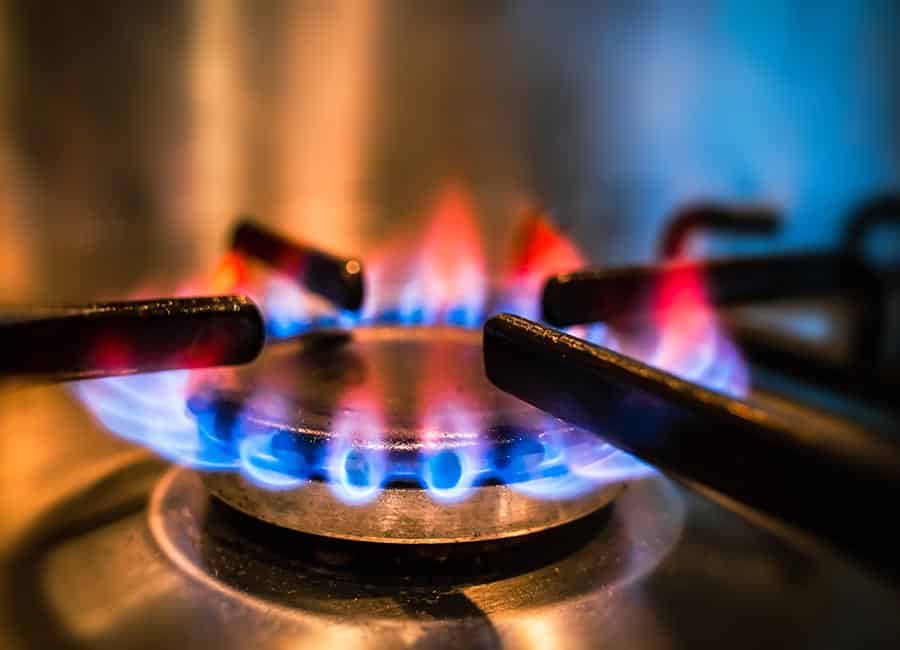Annual Eurozone inflation has risen to a record high of 9.1%, according to flash estimates from EU statistics office Eurostat, firming up expectations of another European Central Bank interest rate increase in the coming months.
Monthly inflation of 0.5% caused the annual rate of inflation to increase 20 basis points in August from 8.9% in July.
Inflation in the price of energy has appeared to plateau across the trading bloc, falling from 39.6% last month to 38.3% in August, but inflation in other categories continued to increase.
Annual inflation for food, alcohol and tobacco products was measured at 10.6% in August, compared to 9.8% in July, while inflation in non-industrial goods rose from 4.5% to 5%, and inflation in services ticked up from 3.7% to 3.8%. Excluding energy, inflation measured 5.8%.
Month-on-month, energy prices were static, despite planned consumer price hikes, but increases were measure in inflation for food, alcohol and tobacco (+1%), non-industrial goods (+0.8%) and services (+0.4%).

Eurostat estimated annual inflation in Ireland is at 8.9%, a significant decline from the 9.6% rates posted in June and July, as measured by the Harmonised Consumer Index of Prices, with monthly inflation of just 0.1%
Ireland has the sixth-lowest rate of inflation out of the 19 eurozone countries, with the average driven up by Estonia (25.2%), Lithuania (21.1%) and Latvia (20.8%).
Inflation in Belgium (10.5%), Greece (11.1%), Spain (10.3%), the Netherlands (13.6%), Slovenia (11.5%) and Slovakia (13.3%) hit double digits this month
Out of all the eurozone countries, inflation was only lower than Ireland in France (6.5%), Germany (8.8%), Luxembourg (8.6%), Malta (7.1%) and Finland (7.6%).
After the ECB increased interest rates for the first time in 11 years last month, the inflation figures are expected to add to the case for policymakers to increase them again next month, by as much as 50-75 basis point.
(Pic: Getty Images)











